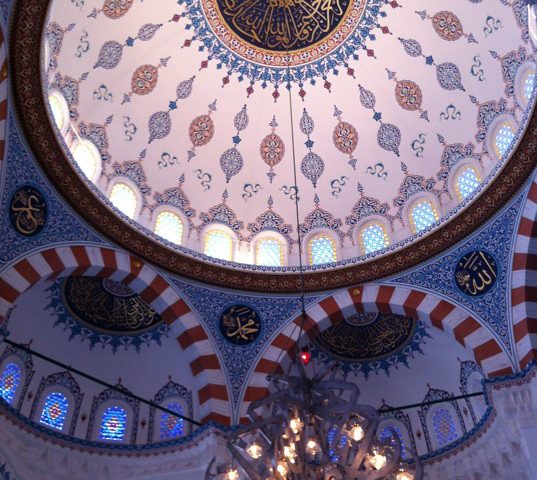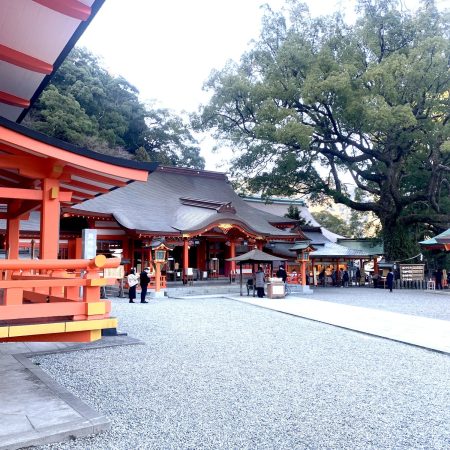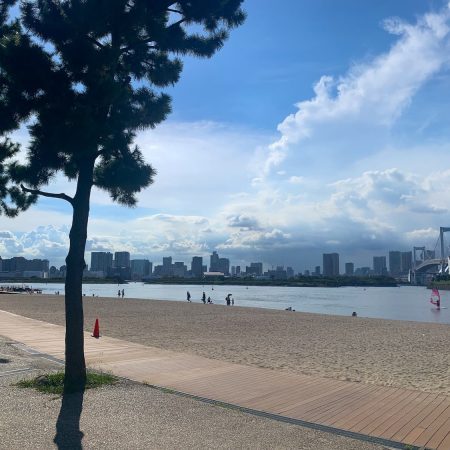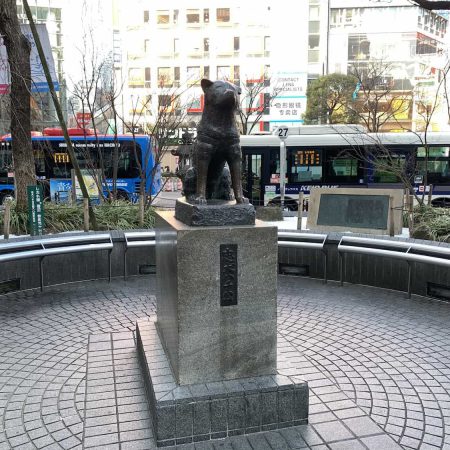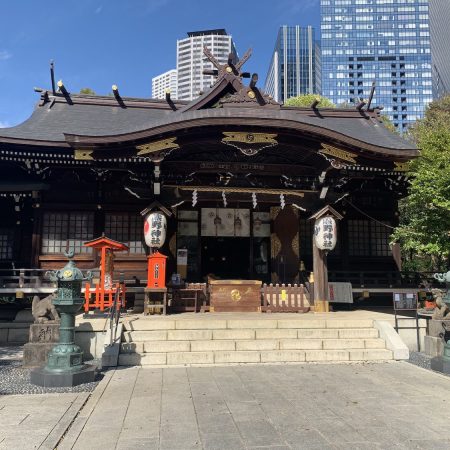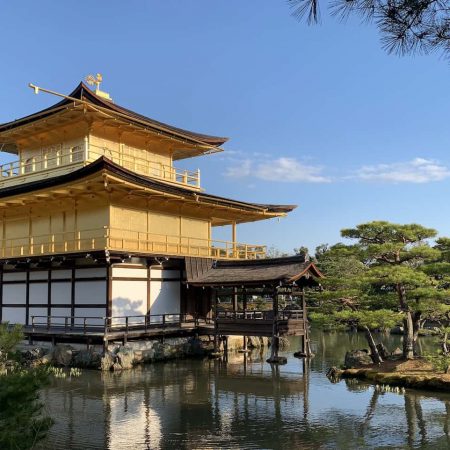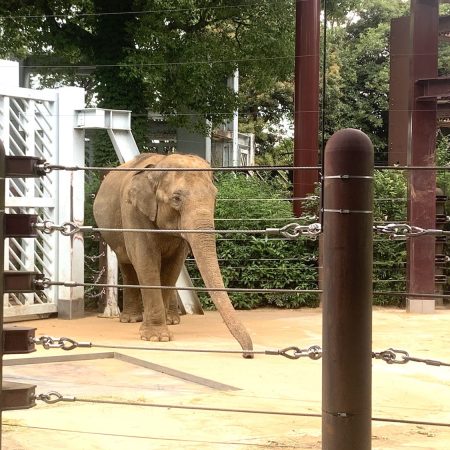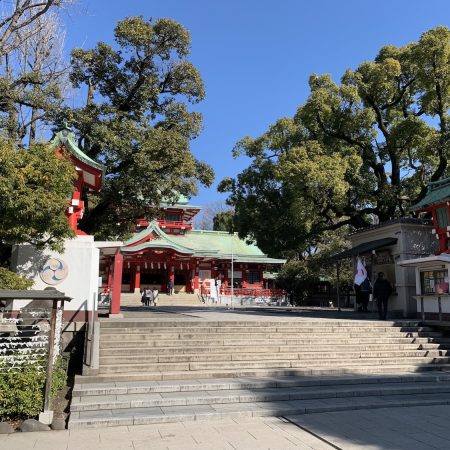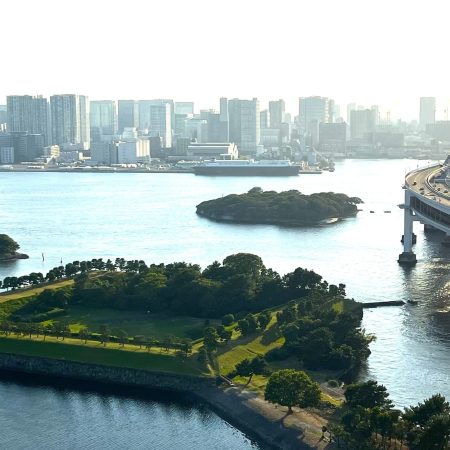Japan’s Largest Islamic Temple Known for Exquisite Turkish Heritage and Welcoming Atmosphere
Tokyo Camii, Japan’s largest Islamic temple, not only serves as a center for Turkish culture but also holds a fascinating history. Its roots can be traced back to the Tokyo Islamic School, established in 1938 for Tatar people from the Russian Empire. The mosque itself was built through the generosity of Japanese volunteers, reflecting the government’s policy of fostering harmony with Islam. Unfortunately, the original mosque deteriorated over time and was demolished in 1986. However, thanks to the support of the Religious Affairs Directorate of the Republic of Turkey, it was reconstructed in the magnificent Ottoman style. The Tokyo Camii we see today was inaugurated in 2000, becoming the largest mosque in Japan and a significant place of worship for Muslims in Tokyo and visitors from around the world.
Adhering to the Turkish architectural tradition, Tokyo Camii features a prayer hall on the upper floor, crowned with a splendid dome. To ensure authenticity, building materials and decorations were carefully sourced from Turkey, and a team of nearly 100 Turkish architects and craftsmen meticulously crafted every detail. The prayer hall can accommodate up to 2,000 people, and a separate prayer room is available for women. On the ground floor, you’ll find an exhibition of Turkish art and a spacious hall for lectures and events. It’s no wonder that Tokyo Camii is often regarded as one of the most exquisite mosques in East Asia.
What sets Tokyo Camii apart is its openness to visitors, regardless of their religious beliefs. Even non-Muslims can take part in guided tours and attend lectures. The journey begins near the bookstore corner, where visitors can join a Japanese-speaking guide to explore the mosque’s beautiful surroundings. These guided tours offer in-depth insights into the mosque’s rich history and intricate adornments. And if you visit in the afternoon, starting from 3:30 PM, you’ll have the opportunity to witness a prayer service, observing the tranquility and devotion of the worshippers.
While inside the prayer hall, visitors are expected to maintain a quiet demeanor, remove their shoes, and dress modestly, respecting the customs of the mosque. After the tour, you can indulge in Turkish cuisine and savor a cup of tea at the café on the ground floor. It’s the perfect way to immerse yourself in the vibrant Turkish culture that Tokyo Camii represents.
In summary, Tokyo Camii stands as a magnificent symbol of Islamic heritage in Japan. Its historical significance, architectural splendor, and welcoming atmosphere make it a must-visit destination for anyone seeking to explore and appreciate the intersection of Turkish culture and Japanese hospitality.

